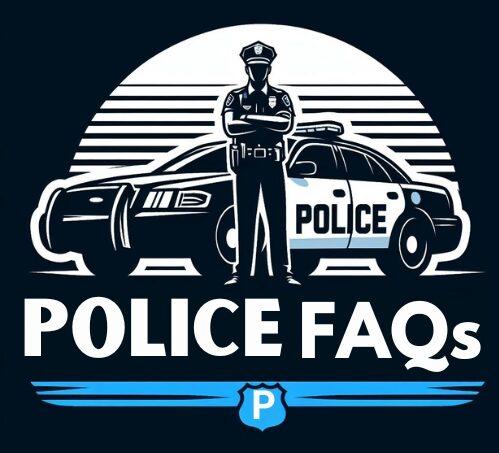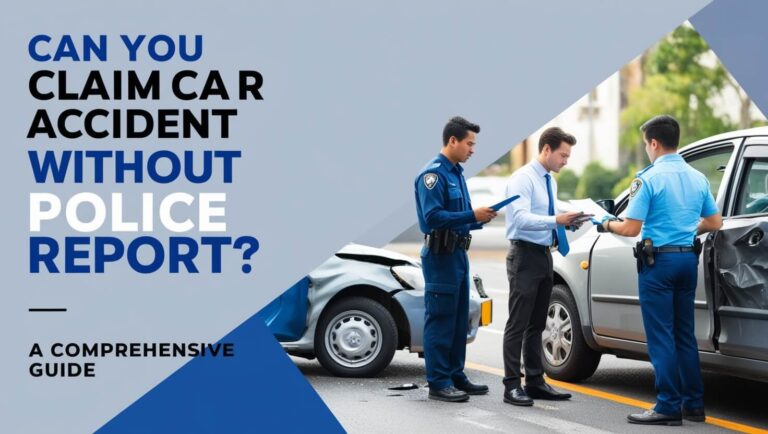Are Police Scanners Legal? Understand the Regulations

Curious about the legality of police scanners? Whether you’re an enthusiast eager to stay informed about local activities or a concerned citizen wanting to know the boundaries, understanding the legal landscape of police scanners is essential. This comprehensive guide explores the legality of police scanners across the United States, examining federal laws, specific state regulations, and the rules governing mobile apps. Additionally, you’ll find practical advice for using police scanners responsibly and within the bounds of the law.
What Are Police Scanners?
Police scanners are radio receivers that tune into frequencies used by law enforcement, emergency services, and other public safety agencies. These devices allow users to listen to real-time communication between dispatch centers and officers in the field. The types of police scanners include:
- Analog Scanners: These are traditional scanners that pick up analog radio frequencies.
- Digital Scanners: These can intercept digital communication signals, which are increasingly used by modern law enforcement agencies.
- Trunking Scanners: These scanners follow trunked radio systems, allowing users to listen to conversations that switch frequencies.
- Software-Defined Radios (SDR): These use software to process radio signals, offering flexibility and a wide range of frequency coverage.
General Legality in the United States
Federal Laws
At the federal level, owning and operating a police scanner is generally legal. The Federal Communications Commission (FCC) regulates the use of radio frequencies but does not prohibit individuals from listening to public safety communications. However, there are restrictions:
- Interception of Encrypted Communications: It is illegal to decrypt or listen to encrypted communications.
- Use During Crimes: Using a police scanner to aid in the commission of a crime is prohibited.
State and Local Laws
While federal laws provide a baseline, state and local regulations can impose additional restrictions. These laws vary significantly, so it’s crucial to understand the specific regulations in your area.
State-Specific Regulations
California
In California, it is legal to own and use police scanners, but there are specific restrictions:
- In Vehicles: Using a police scanner while driving requires a valid amateur radio operator’s license from the FCC.
- During Crimes: Using a scanner to assist in criminal activities is illegal and can result in additional charges.
Texas
Texas allows both traditional and mobile police scanners without major restrictions. However, using these devices to interfere with law enforcement activities or evade police is illegal. Many police departments in Texas also share their frequencies online to enhance public safety awareness.
North Carolina
North Carolina permits personal use of police scanners but prohibits their use to assist in evading law enforcement or committing crimes. Specific cases, such as State v. Smith (2018), highlight the consequences of using scanners unlawfully.
Other States
Regulations in other states can vary widely:
- New York: Requires a permit to use a scanner in a vehicle.
- Florida: Prohibits the use of police scanners in vehicles without a license from the FCC.
Using Mobile Police Scanner Apps
Mobile police scanner apps have gained popularity due to their convenience. These apps allow users to listen to police communications on their smartphones. While generally legal, the use of these apps is subject to the same restrictions as physical scanners:
- Interference and Evasion: Using these apps to interfere with police operations or evade law enforcement is illegal.
- State-Specific Restrictions: Some states prohibit the use of mobile police scanners entirely or impose restrictions similar to those for physical scanners.
Key Legal Considerations
Personal Use vs. Criminal Intent
While it is legal to use police scanners for personal enjoyment and staying informed, using them to aid criminal activities is strictly prohibited. For example, using a scanner during a burglary can result in severe penalties.
Driving Restrictions
Many states have laws restricting the use of police scanners in vehicles. It’s essential to check local regulations before using a scanner on the road to avoid legal issues.
Broadcasting Restrictions
Intercepting and disclosing private communications, such as wire or electronic communications, without consent, is illegal. This includes police communications that are not intended for public broadcast.
Tips for Responsible Use
- Know Your Local Laws: Always check state and local regulations regarding police scanners before use to ensure compliance.
- Do Not Interfere: Avoid using scanners to interfere with or obstruct law enforcement activities.
- Respect Privacy: Do not share sensitive information obtained from police transmissions.
- Use Ethically: Scanning should be done responsibly and ethically, respecting the intent of public safety communications.
Conclusion
Understanding the legality of police scanners is essential for anyone interested in using these devices. While generally legal, specific restrictions and regulations must be followed to ensure responsible and lawful use. By staying informed about local laws and using police scanners ethically, users can enjoy the benefits of these devices without running afoul of the law.
In summary, police scanners are legal in many jurisdictions, but the key to their responsible use lies in understanding and adhering to the specific laws in your area. Whether using a traditional scanner or a mobile app, always prioritize legal and ethical practices to stay on the right side of the law.






